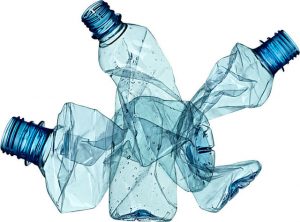Trade deals in respect of farmed food products will define what standards should apply to produce traded between countries. The UK Government is currently developing new trade agreements with foreign countries as part of the Brexit process.
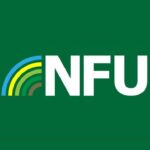
The National Farmers Union (NFU) has launched a petition asking for your support for their campaign to ensure that standards agreed in these negotiations on imported food to the UK should be to leading world standards, recognising the UK’s high standards of safety and welfare.
Some might argue that standards in the UK could or should be at more sustainable levels than now in many differing ways, but relaxation of import standards would create a lower base from which improvements could move forward, quite apart from any economic or health implications.
The NFU state: “Farming throughout the UK has high standards of safety and welfare with an ambition to be net zero in greenhouse gas emissions by 2040. There are very strict controls on farming methods allowed in the UK.” They ask that such standards should apply to all food which is imported here so what we eat is safe, traceable and produced to high welfare and environmental standards.
To find out more about the reasons for the petition and an opportunity to “sign” it, visit https://www.campaigns.nfuonline.com/page/56262/petition/1?locale=en-GB.
Feel free to pass this information to others who may be interested.
We will be happy to hear your thoughts on this issue at ask@ledburyfoodgroup.org – it could change radically farming in this country.
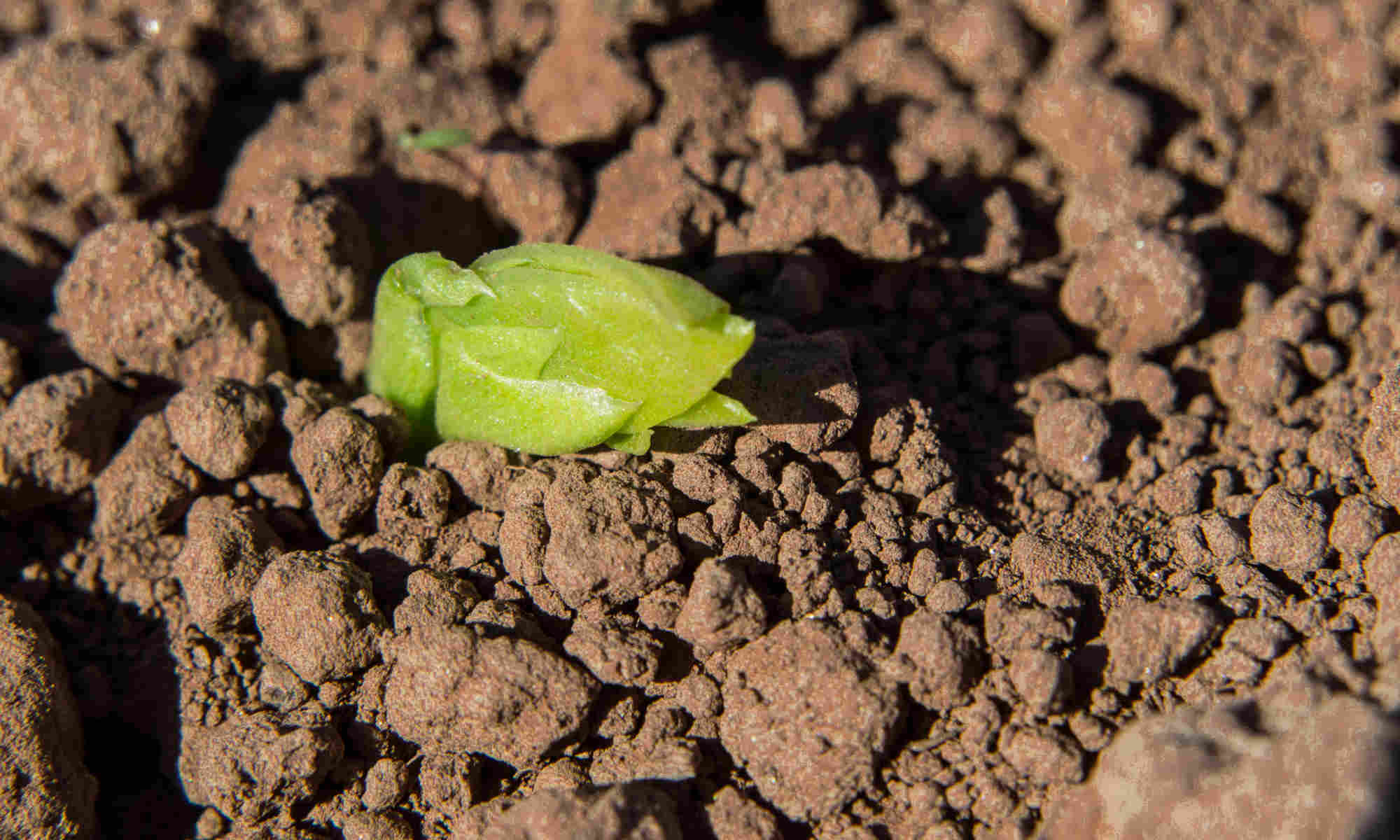

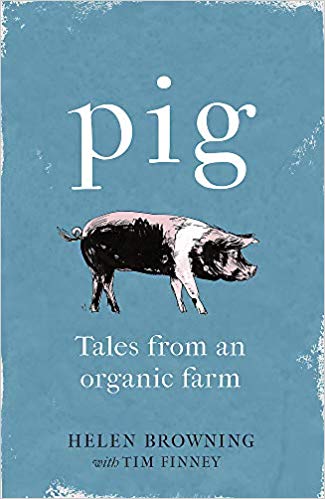
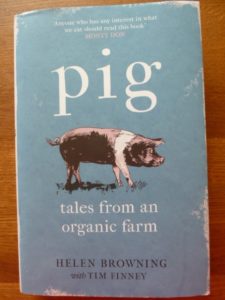 Food is something we are all interested in. But how does it get to our table? Ledbury Food Group introduces its new Book Group on Thursday 17th January at 7pm. It’s an opportunity for us to “chew the cud” over some of the themes of current books relating to our food, finding out about the joys and challenges farmers face and the history of production. Books such as “The Secret Life of Cows”, forwarded by Alan Bennett, which appeared last year are full of discussion topics. The author Rosamund Young came to Ledbury in March to talk about it. Her introduction explores traditional and commercial farming and the book features hilarious anecdotes about her experiences rearing cows.
Food is something we are all interested in. But how does it get to our table? Ledbury Food Group introduces its new Book Group on Thursday 17th January at 7pm. It’s an opportunity for us to “chew the cud” over some of the themes of current books relating to our food, finding out about the joys and challenges farmers face and the history of production. Books such as “The Secret Life of Cows”, forwarded by Alan Bennett, which appeared last year are full of discussion topics. The author Rosamund Young came to Ledbury in March to talk about it. Her introduction explores traditional and commercial farming and the book features hilarious anecdotes about her experiences rearing cows.